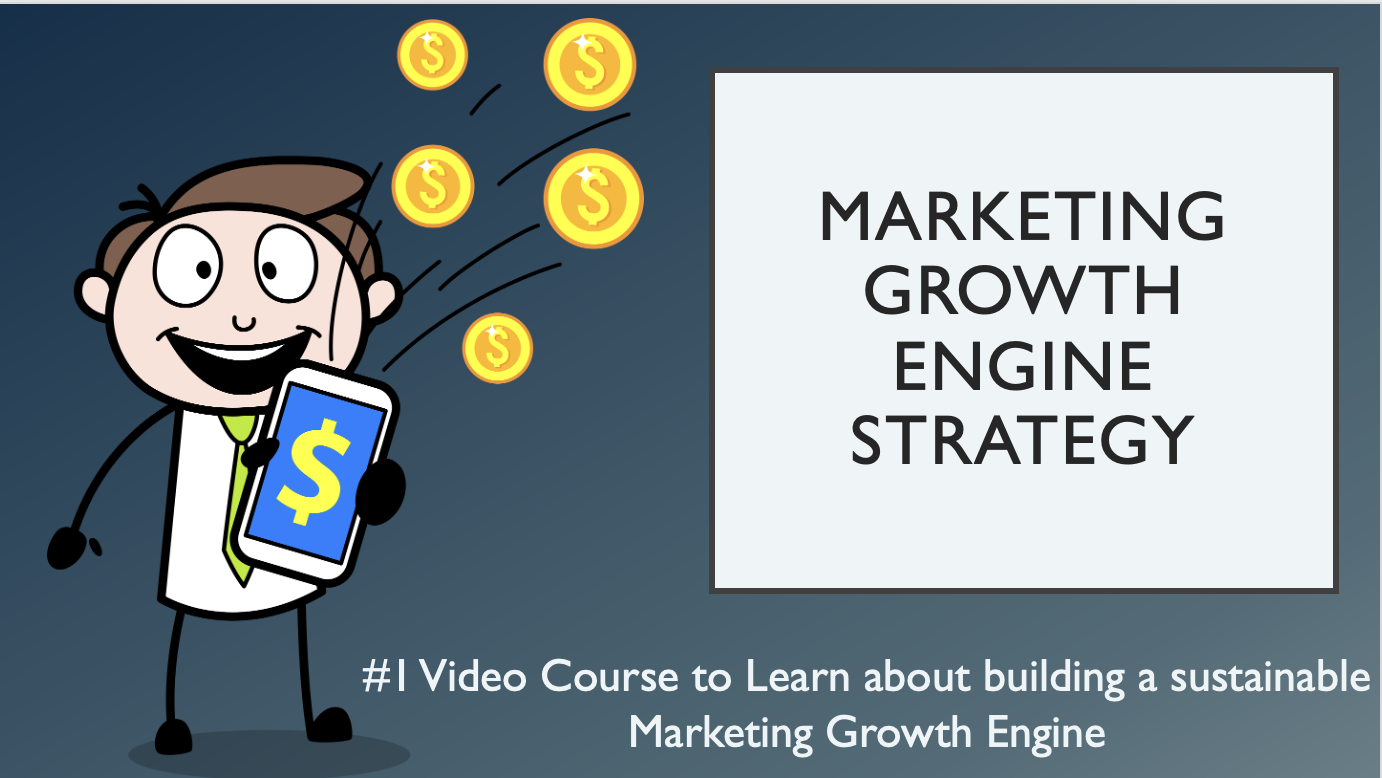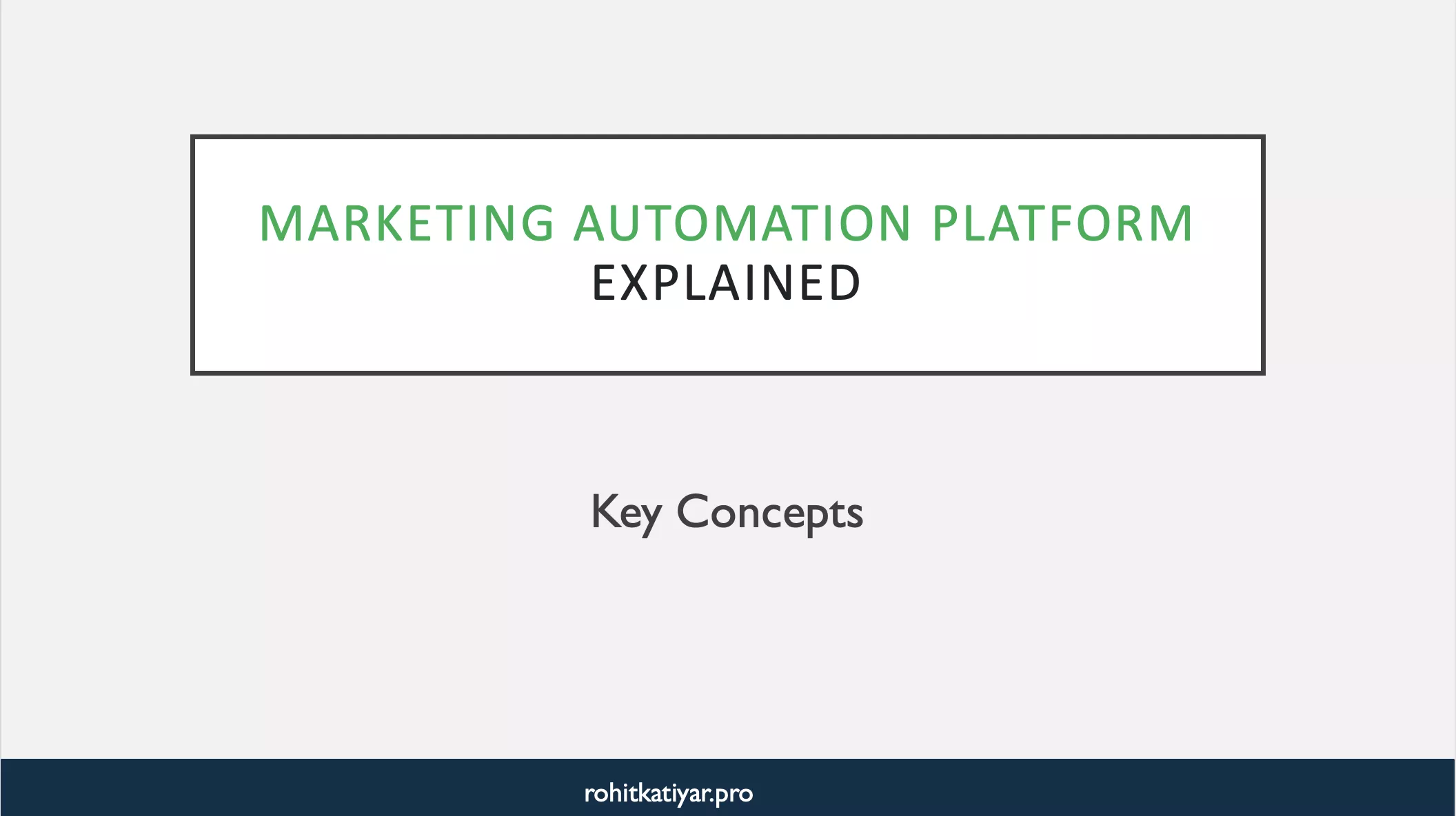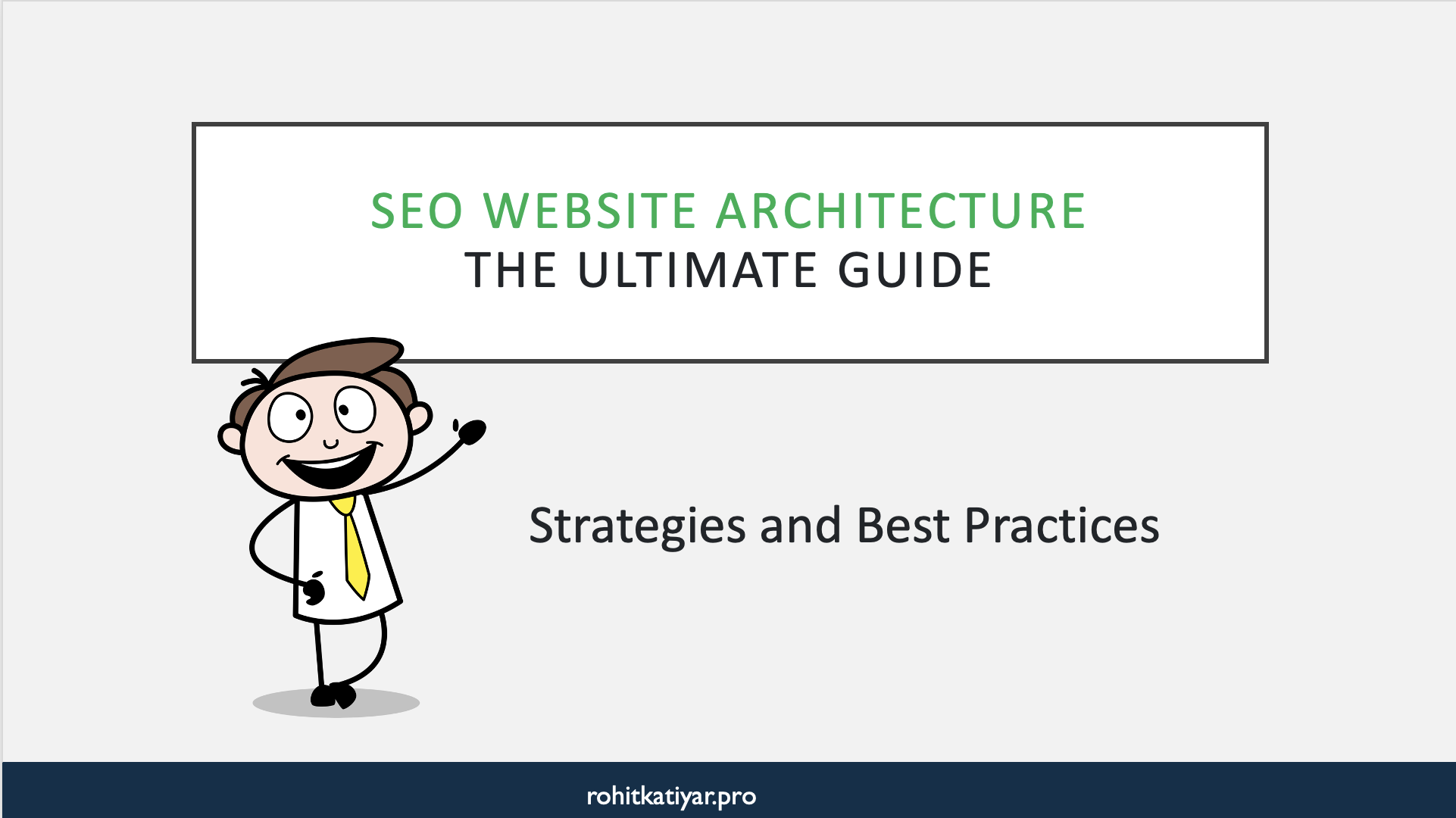Key Takeaways
- Marketing Automation Platforms streamline and enhance marketing efforts
- They enable personalized, multi-channel campaigns at scale
- Strong analytics provide data-driven insights for continual improvement
- Careful platform selection and training are essential for success
- Automation empowers teams to focus on creative and strategic work
Join 473+ Founders & Marketing Leaders for tips, strategies, and resources to scale your business.
Understanding Marketing Automation Platforms
What is a Marketing Automation Platform?
A Marketing Automation Platform is an integrated software suite designed to automate marketing actions across multiple channels. It brings together email marketing, social media, lead nurturing, and analytics under one roof.
“Think of a marketing automation platform as your digital marketing command center—where data, campaigns, and customer journeys come together.”
Core Features and Functions
- Email marketing automation
- Lead scoring and nurturing
- Multi-channel campaign management
- CRM integration
- Advanced analytics and reporting
Pro Tip
Automating your marketing doesn’t mean losing the human touch. Leverage automation to deliver more relevant and timely messages to your audience.
Why Businesses Need Marketing Automation
Marketing Automation Platforms eliminate manual, repetitive work, ensuring marketing teams focus on strategy, content, and creative innovation. They also increase consistency and accuracy, reduce errors, and provide valuable insights for data-driven decisions.
Key Components of a Marketing Automation Platform
Lead Management & Nurturing
Effective MAPs help businesses capture, score, and nurture leads through personalized workflows based on user behavior and engagement.
“A well-crafted lead nurturing workflow can turn cold prospects into loyal customers—automatically.”
Campaign Management
- Automate email sequences
- Schedule and publish social posts
- Manage webinars and events
- Track campaign performance in real time
Audience Segmentation & Personalization
Group contacts based on demographics, behaviors, or engagement. Personalize messages, offers, and content to increase relevance and conversions.
Did you know?
Segmented email campaigns can drive up to 760% increase in revenue compared to non-segmented campaigns.
Analytics & Reporting
MAPs provide dashboards and reports that track campaign success, lead activity, and ROI, guiding strategic improvements.
How to Choose the Right Marketing Automation Platform
Assessing Your Business Needs
Identify your goals: Are you looking to nurture leads, improve customer retention, or drive sales? Map out the features you need most.
“The best platform is the one that fits your unique marketing workflows—don’t just follow the crowd.”
Evaluating Features and Integrations
- CRM compatibility
- Multi-channel support (email, SMS, social, web)
- User-friendly interface
- Custom workflow builder
- Advanced analytics
Budget and Pricing Considerations
Consider upfront costs, subscription models, and potential return on investment. Some platforms offer tiered pricing based on contact volume or feature set.
Pro Tip
Don’t overlook onboarding, training, and customer support quality—these factors are crucial for long-term success.
Security and Compliance
Ensure the platform complies with data protection regulations like GDPR or CCPA. Look for features like consent management and data encryption.
Implementing Marketing Automation for Maximum Impact
Building Effective Workflows
Map your customer journey and automate key touchpoints. Trigger relevant emails or messages based on user actions (downloads, form fills, website visits).
“Automation succeeds when it feels like a tailored, helpful experience—not a generic blast.”
Training Your Team
Empower your team with hands-on training and resources. Encourage experimentation and continual learning to maximize platform potential.
Measuring Success
- Set clear goals and KPIs
- Monitor conversion rates, engagement, and ROI
- Adjust campaigns based on insights
Did you know?
Businesses that nurture leads with marketing automation see a 451% increase in qualified leads.
Common Pitfalls to Avoid
- Over-automation leading to impersonal communication
- Ignoring data hygiene and list management
- Failing to align sales and marketing teams

Frequently Asked Questions (FAQ)
What is a Marketing Automation Platform?
A Marketing Automation Platform is software that automates marketing tasks such as email campaigns, lead nurturing, and analytics to streamline processes and improve results.
How does a Marketing Automation Platform help my business?
It saves time, improves targeting, increases lead conversions, and provides valuable data for decision-making.
Which businesses benefit most from Marketing Automation Platforms?
Any business with repetitive marketing tasks, a need for lead nurturing, or multi-channel campaigns can benefit—especially B2B and e-commerce companies.
Can a Marketing Automation Platform integrate with my CRM?
Yes, most MAPs are designed to integrate seamlessly with popular CRMs to synchronize data and processes.
What should I look for when choosing a Marketing Automation Platform?
Prioritize ease of use, scalability, integration options, customer support, and compliance features.
You may also like the below Video Course

Conclusion
Marketing Automation Platforms are transforming how organizations connect with their audiences, streamline their processes, and drive measurable growth. By carefully selecting and implementing the right MAP, businesses can unlock new levels of efficiency and effectiveness in their marketing efforts. Remember, the most successful marketing automation strategies keep the customer at the center—using technology to create personalized, meaningful experiences at scale. With the right approach and mindset, your marketing team can harness the full potential of automation to achieve lasting results.
Want to Scale your Marketing Automation initiatives?
Need a Marketing Automation growth partner who can build the same automation, paid acquisition, and retention systems we architect for our marketing automation and growth retainers? We help leaders scale repeatable revenue engines in Marketing Automation without adding bloated headcount.
Talk to us about plugging our expert team into your roadmap—no pressure, just a candid conversation about how we can automate, optimize, and grow faster together.
External References
- HubSpot – Marketing Automation Explained: https://blog.hubspot.com/marketing/marketing-automation
- Salesforce – Marketing Automation: https://www.salesforce.com/products/marketing-cloud/what-is-marketing-automation/
- Marketo (Adobe) – Marketing Automation Resources: https://business.adobe.com/products/marketo/adobe-marketo.html
- ActiveCampaign – Automation Guides: https://www.activecampaign.com/learn/guides/marketing-automation
- Mailchimp – Getting Started with Marketing Automation: https://mailchimp.com/email-marketing/automation/
- Martech.org – Marketing Automation Platforms: https://martech.org/marketing-automation-platforms-a-marketers-guide/
- G2 – Best Marketing Automation Software: https://www.g2.com/categories/marketing-automation


